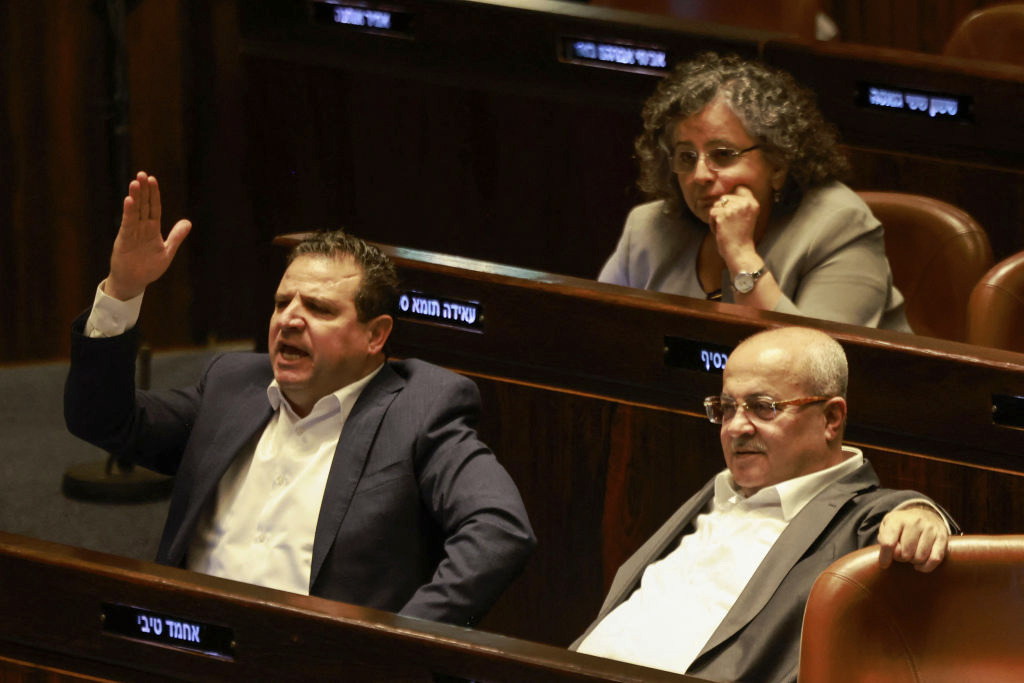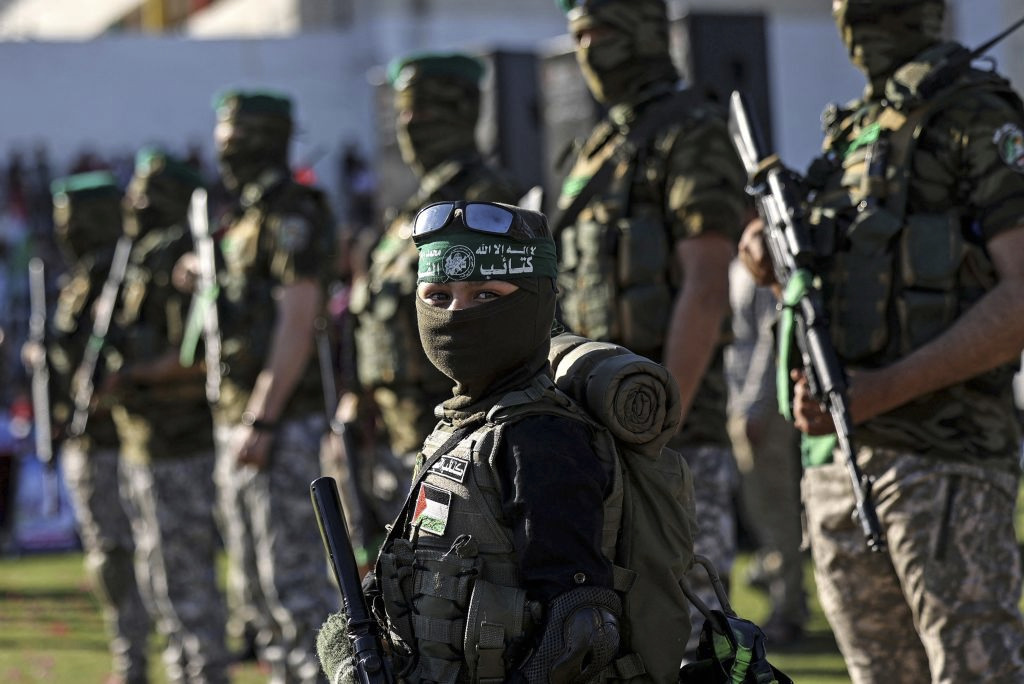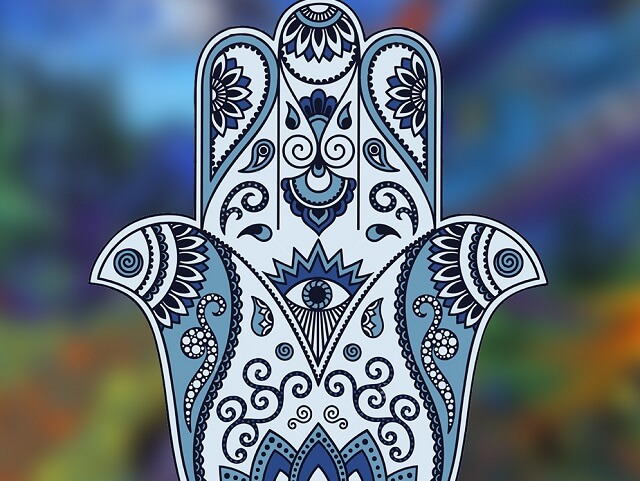Date and Place: 4 Nisan 5670 (1910), Yafo
Recipient and Background: This letter for the public was apparently published in the newspaper “Hacherut” on 4 Nisan 5760 (halfway through the Shemitta year). As is clear from the letter, Rav Kook became aware of farmers who “took liberties” that his rulings forbade, and there was concern this would continue or increase over the spring/summer.
Body: Beloved, respected brothers! I feel an obligation to express something to you about the way the obligations of Shemitta should be handled this year, which by tradition is the Shemitta year.
There is no need to make pronouncements about what you already know – due to the difficult situation, for quite some time, rabbinic leaders who are beloved by the nation and love it with their whole soul, worked hard and agreed to push themselves into a very small space (i.e., a difficult leniency) based on the correct approach to Torah that gives [great weight] to the need to protect the dear Yishuv. This is the way Israel approaches rendering rulings in the case of hugely important need, in this case giving rise to the customary system that uproots the laws by means of the sale of the land. True, many and great rabbis, some of the greatest Torah scholars, who also excel at holy fear of Hashem and are well respected, criticized those who gave this lenient ruling. However, just like those who rule strictly, those who rule leniently do so with a pure heart with intention to act for the “sake of Heaven,” for the benefit of the nation and the Land. They act with authority, and it is appropriate for them to act according to the holy path they believe in.
Those great rabbis who took the yoke of this ruling on their shoulders drew the line in a manner that we should distance ourselves as well as we can from violations of Torah-level law. In other words, the leniency is arranged to apply only to those actions for which there are strong grounds to believe that their obligation is of a Rabbinic level; only in such matters, difficult situations warrant us to uproot the laws based on the system of selling the fields.
If we embrace this approach of the righteous, as the great majority of people in the Yishuv have done, then we will maintain the mitzva in the form that it existed [based only] on Torah law, and our offspring will not forget the existence of the mitzva. According to the degree the Yishuv in the Holy Land will expand, the situation can increasingly improve in regard to the sanctity of Shemitta as well, for the benefit of our nation and holy land, as well as the comfort of the spirit and [national] pride, until we reach the point when a new light, of redemption, will spread over Zion.
With this perspective, we should know how bad and bitter are the actions of individuals, who act without proper thought, to remove all guardrails and violate the rules with which the leniency was formulated. They desecrate the sanctity of Shemitta by means of actions that are forbidden by Torah-level law, which we did not include in the lenient ruling that accompanies the selling of the Land. These people are ruining the whole arrangement, which is a bad disservice for our Yishuv, the “young nursing baby” that requires so much care and supervision. This is because people start saying that the Yishuv as a whole tramples matters of sanctity and that matters of religion, Torah and mitzvot are discarded. When such irresponsible behavior spreads, Heaven forbid, it perforce increases the inclination of all rabbinic leaders to disallow support for the leniency of removing the sanctity and fight to implement the standard laws of Shemitta. How can we expect them to see that under the guise of a leniency based on uprooting, a system that was undertaken with concern and carefulness, large abuses that disrespect the Torah unabashedly exist? Understand how serious this is, considering how unfeasible it is for the Yishuv to survive without the leniency, which must be done according to the law by expert rabbis who are known for Torah and fear of Hashem.
Recipient and Background: This letter for the public was apparently published in the newspaper “Hacherut” on 4 Nisan 5760 (halfway through the Shemitta year). As is clear from the letter, Rav Kook became aware of farmers who “took liberties” that his rulings forbade, and there was concern this would continue or increase over the spring/summer.
Body: Beloved, respected brothers! I feel an obligation to express something to you about the way the obligations of Shemitta should be handled this year, which by tradition is the Shemitta year.
There is no need to make pronouncements about what you already know – due to the difficult situation, for quite some time, rabbinic leaders who are beloved by the nation and love it with their whole soul, worked hard and agreed to push themselves into a very small space (i.e., a difficult leniency) based on the correct approach to Torah that gives [great weight] to the need to protect the dear Yishuv. This is the way Israel approaches rendering rulings in the case of hugely important need, in this case giving rise to the customary system that uproots the laws by means of the sale of the land. True, many and great rabbis, some of the greatest Torah scholars, who also excel at holy fear of Hashem and are well respected, criticized those who gave this lenient ruling. However, just like those who rule strictly, those who rule leniently do so with a pure heart with intention to act for the “sake of Heaven,” for the benefit of the nation and the Land. They act with authority, and it is appropriate for them to act according to the holy path they believe in.
Those great rabbis who took the yoke of this ruling on their shoulders drew the line in a manner that we should distance ourselves as well as we can from violations of Torah-level law. In other words, the leniency is arranged to apply only to those actions for which there are strong grounds to believe that their obligation is of a Rabbinic level; only in such matters, difficult situations warrant us to uproot the laws based on the system of selling the fields.
If we embrace this approach of the righteous, as the great majority of people in the Yishuv have done, then we will maintain the mitzva in the form that it existed [based only] on Torah law, and our offspring will not forget the existence of the mitzva. According to the degree the Yishuv in the Holy Land will expand, the situation can increasingly improve in regard to the sanctity of Shemitta as well, for the benefit of our nation and holy land, as well as the comfort of the spirit and [national] pride, until we reach the point when a new light, of redemption, will spread over Zion.
With this perspective, we should know how bad and bitter are the actions of individuals, who act without proper thought, to remove all guardrails and violate the rules with which the leniency was formulated. They desecrate the sanctity of Shemitta by means of actions that are forbidden by Torah-level law, which we did not include in the lenient ruling that accompanies the selling of the Land. These people are ruining the whole arrangement, which is a bad disservice for our Yishuv, the “young nursing baby” that requires so much care and supervision. This is because people start saying that the Yishuv as a whole tramples matters of sanctity and that matters of religion, Torah and mitzvot are discarded. When such irresponsible behavior spreads, Heaven forbid, it perforce increases the inclination of all rabbinic leaders to disallow support for the leniency of removing the sanctity and fight to implement the standard laws of Shemitta. How can we expect them to see that under the guise of a leniency based on uprooting, a system that was undertaken with concern and carefulness, large abuses that disrespect the Torah unabashedly exist? Understand how serious this is, considering how unfeasible it is for the Yishuv to survive without the leniency, which must be done according to the law by expert rabbis who are known for Torah and fear of Hashem.























